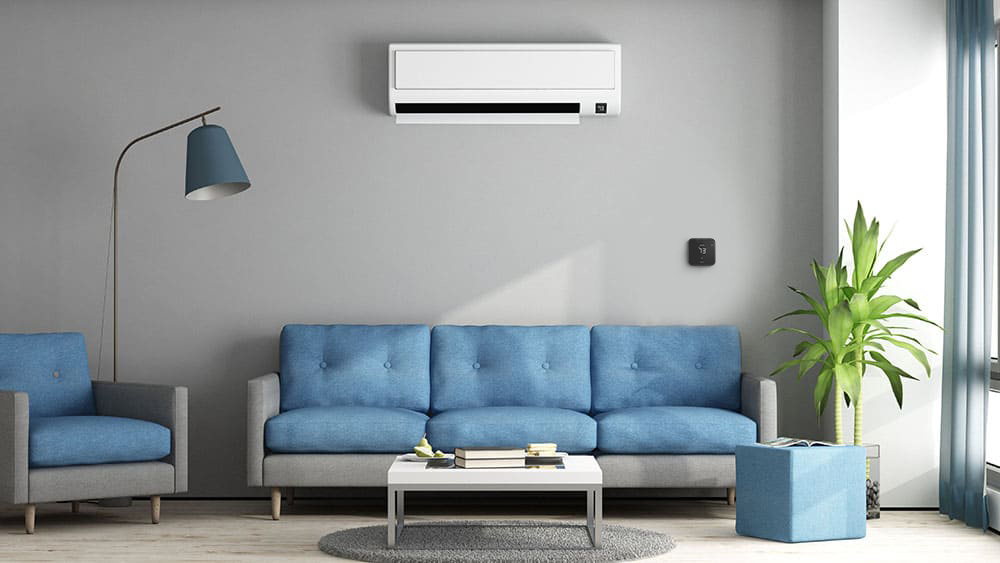
Key Takeaways
- Regular maintenance tasks like filter cleaning, and outdoor unit inspections are key to extending your AC’s life span.
- Upgrading home insulation helps lower energy use and extend your AC’s lifespan.
- Using smart thermostats helps optimize cooling and extend your AC’s lifespan by preventing overuse.
If you keep your HVAC system well maintained, it’ll stay with you for a long time. On the other hand, if you skip maintenance schedules, the average life of your AC unit can considerably decrease. Your AC won’t even complete its expected lifespan and require a replacement early on.
Air conditioners can last 10-15 years depending on various factors, while HVAC systems can even go up to 30 years before needing to be replaced.
A replacement, of course, will be heavy on your wallet. Thus it’s best to take good care of your unit and make the most of it.
As your equipment ages, you’ll notice a decrease in your air conditioner’s efficiency if it’s not well taken care of. This causes your utility bills to upsurge gradually. In addition, you are likely to spend more on emergency repairs once your system reaches its golden years.
While your system gives you all those years of great service, HVAC technology is always on the march. By the time you’re ready for a replacement, the latest HVAC systems will have more features and will inevitably be more efficient than your old system.
Read on to learn eight ways through which you can extend the average life of an air conditioner!
1. Make Sure Your AC Is Properly Installed
You might not think of the average life of air conditioning unit at the time of installation, but it can significantly impact how long it lasts. It is vital that you hire a qualified contractor for the job.
A professional contractor may charge you more, but they make sure all your air conditioning unit components are correctly placed. This leaves less room for unforeseen damages increasing the life expectancy of your HVAC unit.
2. Regular Tune-ups
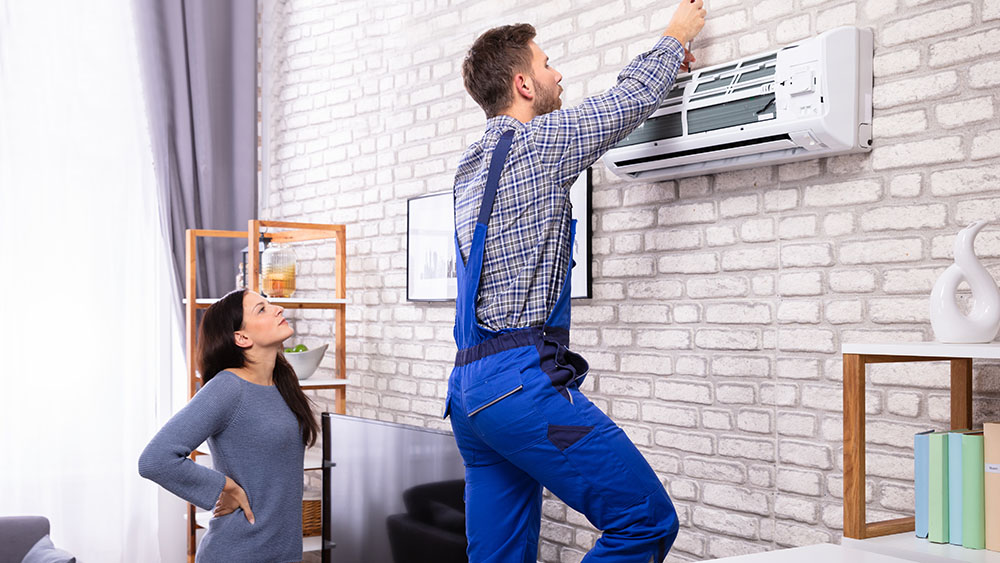
As with all things mechanical, regular HVAC maintenance is the best way to prevent a catastrophic and costly failure. HVAC systems do not demand particularly high maintenance, but that doesn’t mean routine maintenance isn’t important. Your air conditioner and furnace should both be inspected, cleaned, and tuned up every year. It’s best to schedule your air conditioner service in spring and your furnace service in late summer or early fall — that way, your system will be optimized for efficiency the first day you need it. If a serious problem is discovered, you can deal with it before the time comes to switch systems.
Your best choice to make any mini-split, window,
or portable AC smart. Enhance your comfort and savings.
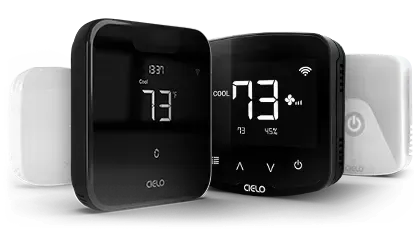
If you haven’t already done so, contact your HVAC technician and have a maintenance routine put in place, preferably right before the start of the summer season, so that any faults and kinks can be timely identified. A tune-up would include close inspection of all air conditioner components, cleaning up the interior mechanisms, clean-up of the condensate pan, refrigerant top up, and a thorough overview of the outdoor unit for debris and damage.
All these steps ensure that the air conditioner does not develop a fault once operating at full hilt. Keeping your AC in top-notch condition with proper maintenance will increase the average life of air conditioning unit.
3. Outdoor Unit Inspection

The outdoor unit, or a condenser in general terms, is your air conditioning system’s real workhorse. During periods of rough weather, debris and stones can become lodged inside the unit. When operating, this debris can then interfere with the fan and lead to possible damage or leakage in the pipes. It is thus good practice to visually inspect the unit for any visible damage after a storm, especially before air conditioning season starts.
Moreover, keep an eye out for any shrubs or weeds growing around the condenser unit. The unit needs to blow out the heated air, and if the outlet vents are blocked, this will lead to decreased efficiency of the system.
It is also a good idea to observe any refrigerant or water leaks from the outdoor unit. Such fluids can mean that there is something much more serious going on inside the unit itself.
The outdoor unit can often get neglected since it is out of sight. This can result in poor efficiency and eventually decreasing the average life of air conditioner.
Read this article for some safe and straightforward ideas to hide your air conditioner unit outside. These can help keep your outdoor unit safe from dust and debris.
4. Air Filters Replacement
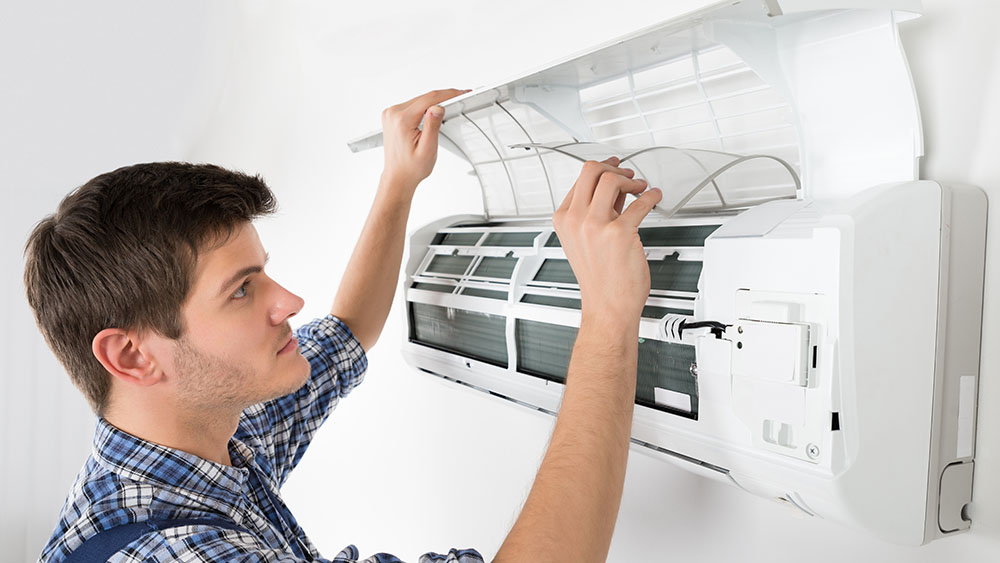
Air filter cleaning or replacement is always a part of regular air conditioner maintenance. It is always a good idea to make yourself familiar with this easy procedure and do it yourself. Filters usually run somewhere from two weeks to three months, but it can vary according to the type of filter and operating conditions.
A dirty air filter causes your AC to suffocate. This makes your unit work harder, reducing the average life of air conditioner.
A smart air conditioner controller or thermostat can monitor your AC’s usage and notify you when it’s time to clean the air filter.
Cleaning can be done in one of several ways. The most common is to blow the air filter with air or use a vacuum cleaner. Most filters can also be washed with a soapy water solution. Rinse it off thoroughly and leave it to dry and the filter is good to go.
Read our AC filter guide for detailed information.
5. Decrease Your AC’s Load by Using Other Appliances
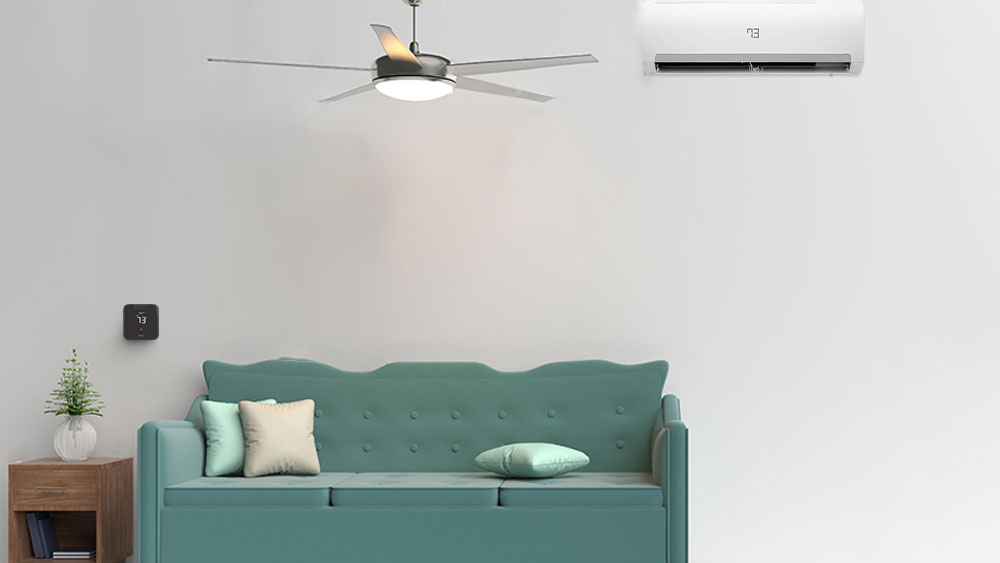
An air conditioner is a primary method of keeping your home cool, but not the only one. Air conditioner usage can be optimized by using your AC along with other home appliances, such as ceiling fans. Using both the ceiling fan and AC together helps circulate air better and your AC can be set at a lower power setting. This reduces the load on your AC and increases the average life of air conditioner and helps reduce your energy bills.
Using reflective window films, thick curtains to block out heat and other appliances such as smart blinds can also greatly help reduce your AC load. These measures enhance your unit’s cooling efficiency, help save money on air conditioning and keep your AC performing in top condition for a longer time!
6. Use Your AC’s Auto Mode
Almost all air conditioners these days have an “auto” setting. Within this setting, the air conditioner fan only operates according to the requirements rather than running at a constant speed regardless of the current temperature. A fan that is on a “high” fan setting will be running at maximum even if the desired temperature has been reached. This can lead to wasteful usage of the fan and air conditioner, not only leading to unnecessary strain on the system but also higher energy bills.
A fan running at high speed will also accumulate dust and dirt more quickly than a fan that runs on auto. The absence of regular maintenance and filter cleanups can lead to lower efficiencies. With smart AC controllers available these days, fan usage can be easily moderated according to the requirements. These devices will help reduce the load, ultimately increasing the average life of your AC unit.
7. Make Your Cooling Smart
This era is about smart technologies, and there are multiple options on the market to make your AC smart.
Products like smart thermostats (central units) and mini-split thermostats (room ACs) can equip your air conditioner with additional features. Using these devices, you can monitor, manage, and control your AC using your smartphone, no matter where you are.
You can also check your AC’s maintenance by monitoring its filter status and being notified whenever a change is required!
All of this ensures that the air conditioner is not working at maximum, hence increasing the average life of your air conditioning unit.
8. Upgrade Your Home Insulation
In order for the air conditioner to work efficiently, insulation plays a major role. While an AC provides conditioned air, insulation prevents it from escaping your home. This is why during maintenance, you should also check if your insulation needs to be upgraded.
Poor insulation will lead to the loss of conditioned air. In turn, your air conditioning unit would have to cycle on and off repeatedly, making your AC work harder. This puts extra strain on different components of your AC, including the motor and compressor. Resultantly, your HVAC maintenance costs will increase and the average life of AC unit will decrease.
Here is an excellent resource on attic insulation.
All the discussed practices do not require you to spend a lot of money, and almost all can be done by yourself at home. Air conditioning systems are advertised as having a lifespan of around 10-15 years. But without proper care, this can drastically decrease, necessitating the need to splash the cash on a new system.
By following the above-mentioned practices, it can be ensured that the average life of an AC runs the whole 10-15 years, and in some cases, even more, while not compromising on performance.
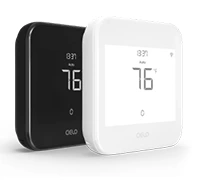
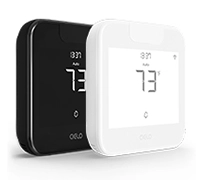
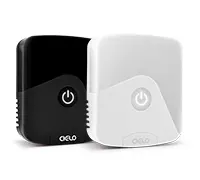

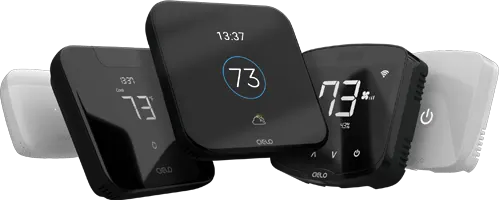
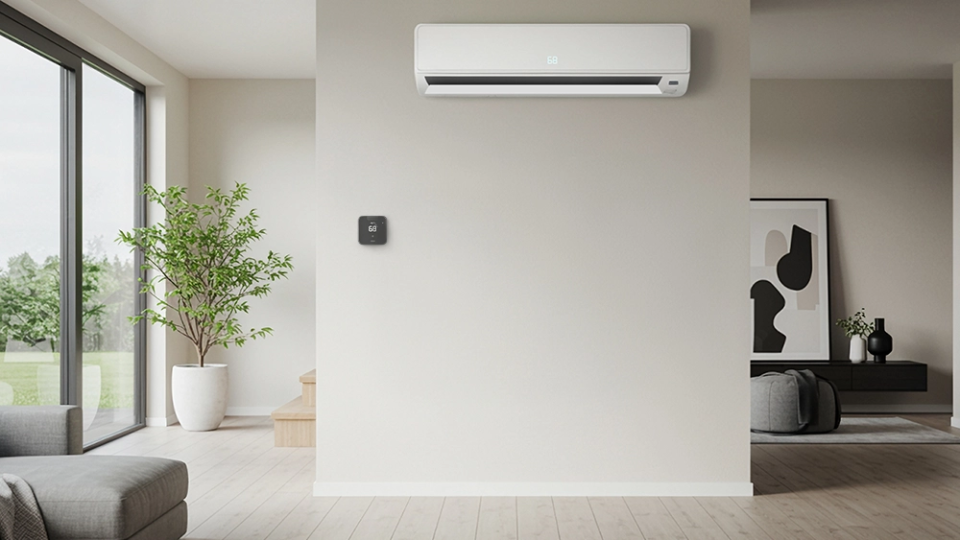
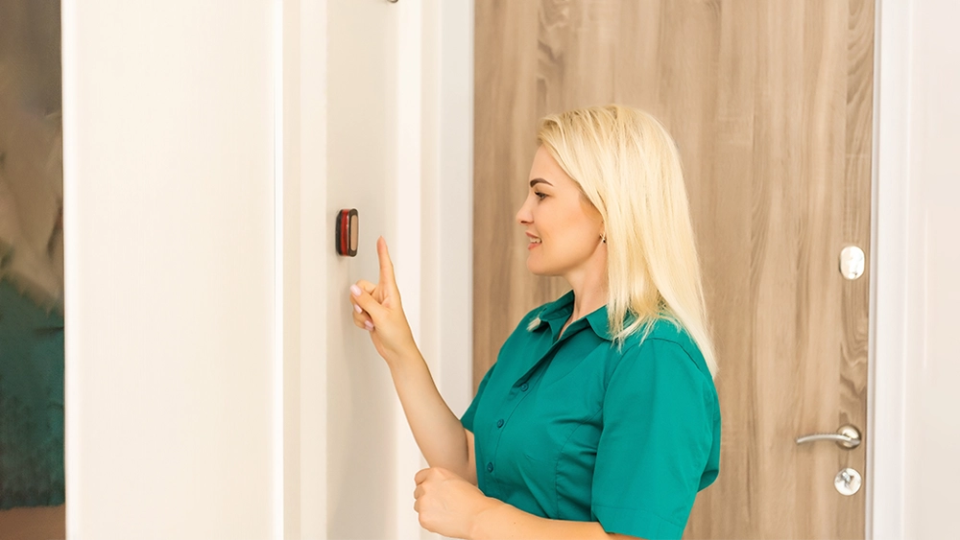
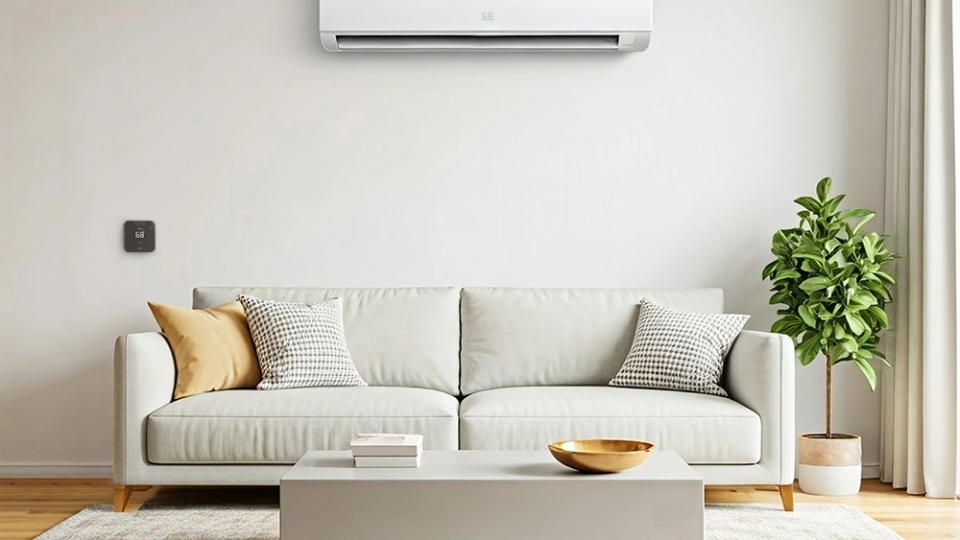

3 Comments. Leave new
Thanks for the tip about how upgrading my home’s insulation will help a lot in extending the life of my AC. I’d like to know more about how to find AC repair services soon because I want to focus on appliance repairs in the months to come. My old AC unit will surely need some attention very soon.
I have a central HVAC system that is 43 years old and running fine. It has never been serviced except for some self service to replace capacitors and fan motor and seasonal changing of air filters. I estimated the energy cost at about $400 per year based on hot weather bills vs normal weather bills. If I get a new HVAC, it will probably cut my HVAC bill in half so the bill reduction will be about $200 per year. But the new HVAC will require yearly maintenance/check up to keep the warranty and also because of the more fragile construction. So if the annual check up costs $200 per year my savings will be zero. The new HVAC will cost about $10,000 and have life expectancy of about 10 years. If I had replaced it when it was 20 year old, i would have paid $20,000 plus finance charges over 20 years. The real loss would have been much greater because my investments in the stock market more than doubled over 20 years.
People are blindly replacing their old HVAC chasing the savings mirage.
Most people don’t know what a capacitor is so if it fails, a serviceman will sell them a new HVAC instead of replacing the $20 capacitor.
You make a great point about using reflective window films to help your AC. That way you don’t need to run the AC all of the time to mitigate the heat. I’ll have to have my AC unit checked out every 6 months.